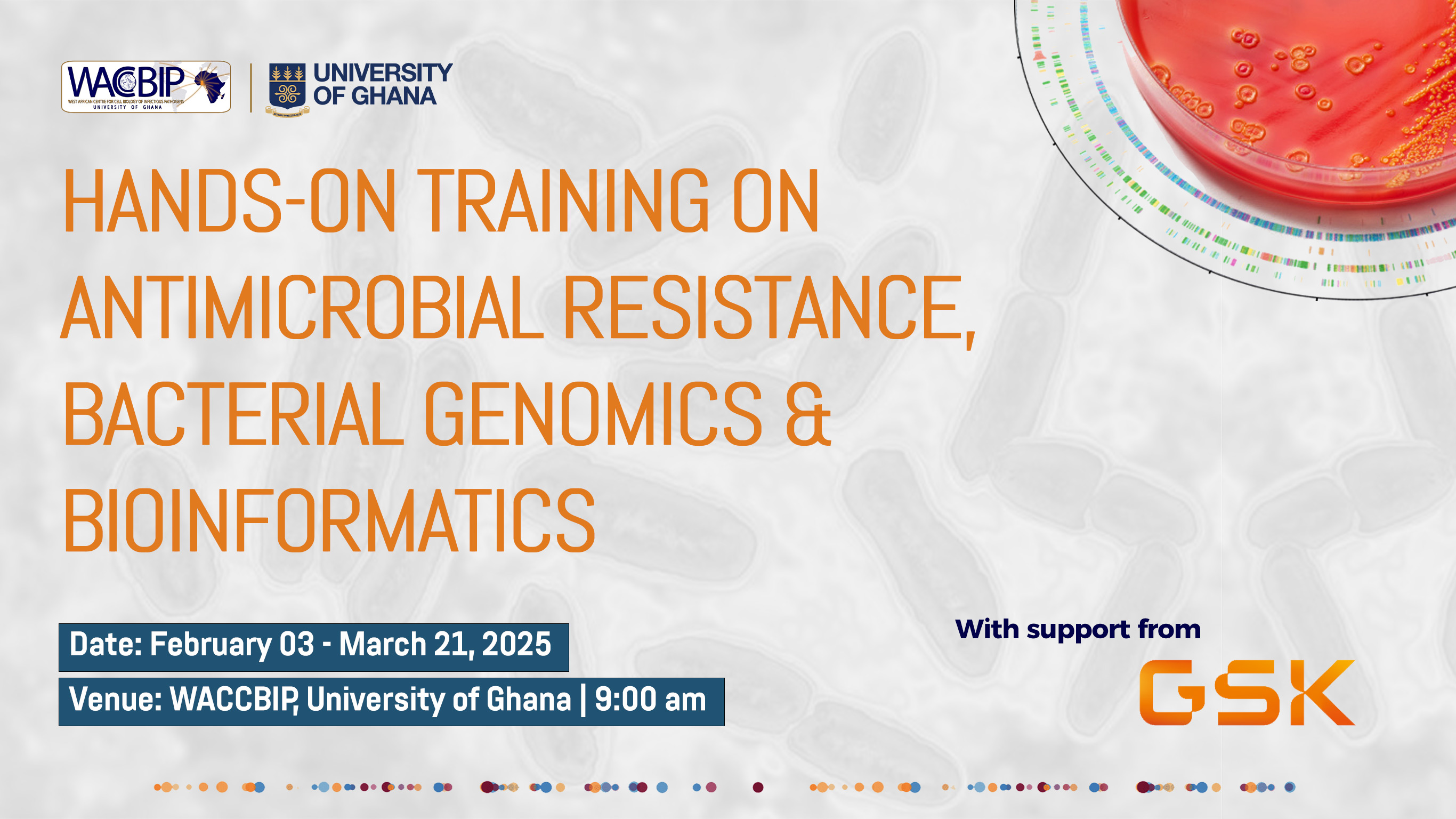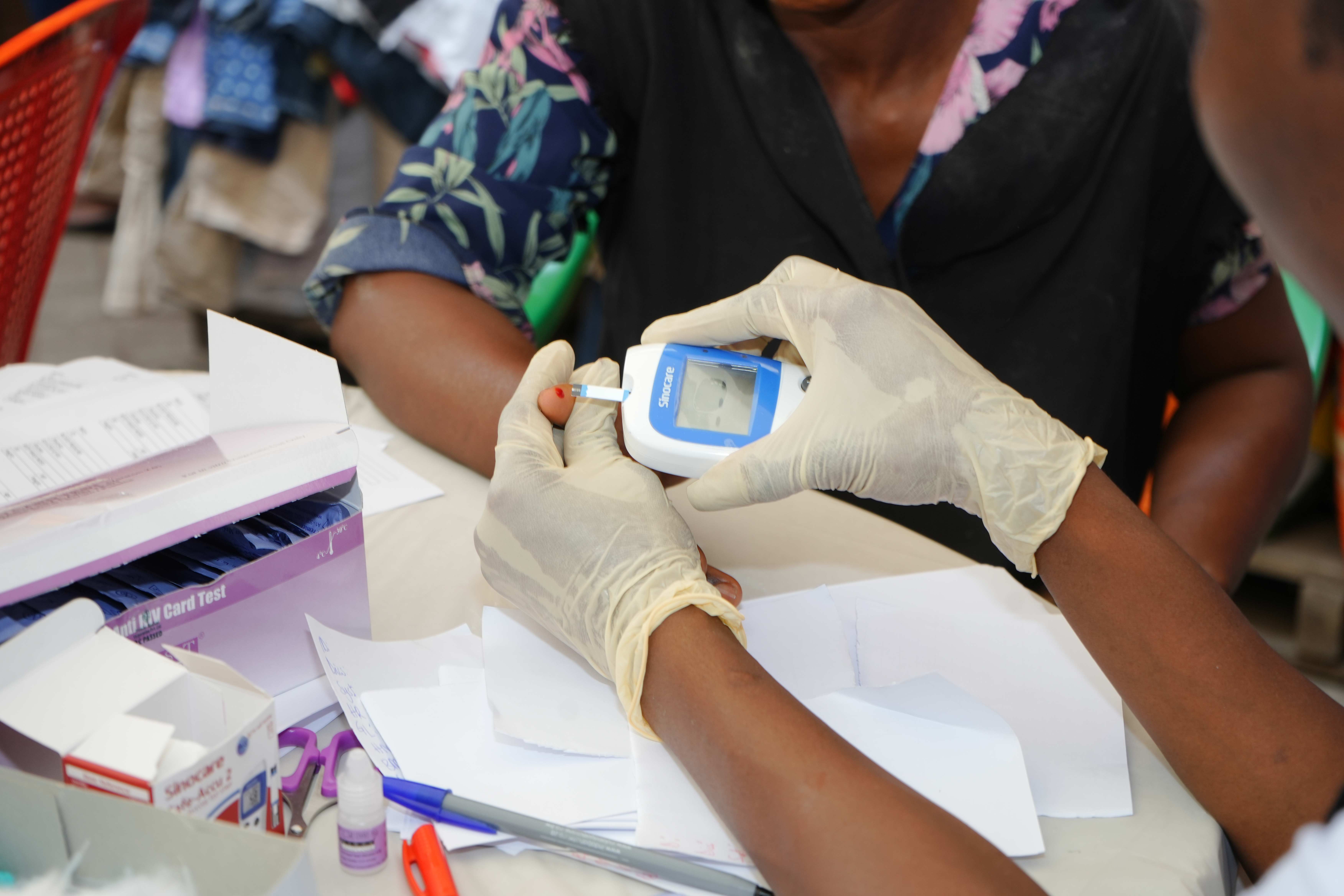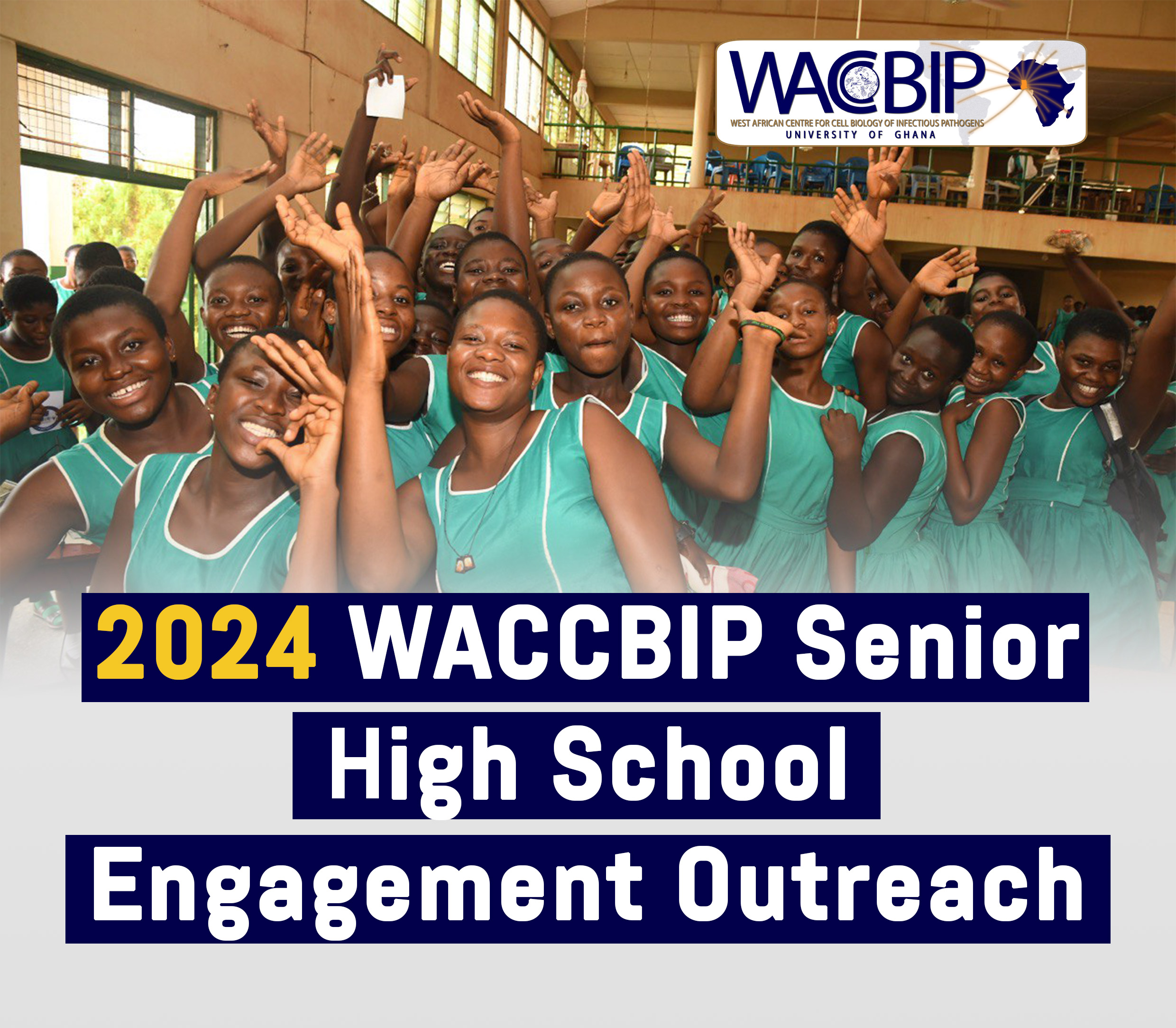The West African Centre for Cell Biology of Infectious Pathogens (WACCBIP)-University of Ghana is delighted to announce its collaboration on two international research projects following the successful African Research Universities Alliance (ARUA) and The Guild of European Research-Intensive Universities (The Guild) summit held in Brussels under The Africa-Europe Clusters of Research Excellence (CoRE). CoRE brings together distinguished researchers from universities and research institutes across both continents, from ARUA, The Guild and beyond the two networks. With a commitment to revolutionise collaborative research.
The recent summit, which brought together esteemed representatives from ARUA and The Guild, marked a significant milestone in fostering global research partnerships and each cluster focuses on a key societal challenge, aligned with the Global Gateway's AU-EU Innovation Agenda while incorporating local perspectives for maximum scientific and societal impact, the approved proposals span a range of fields, including Public Health, Green Transition, Innovation & Technology and Capacities for Science (aruatheguild_africa-europe-clusters-of-research-excellence-(core).pdf (the-guild.eu)).
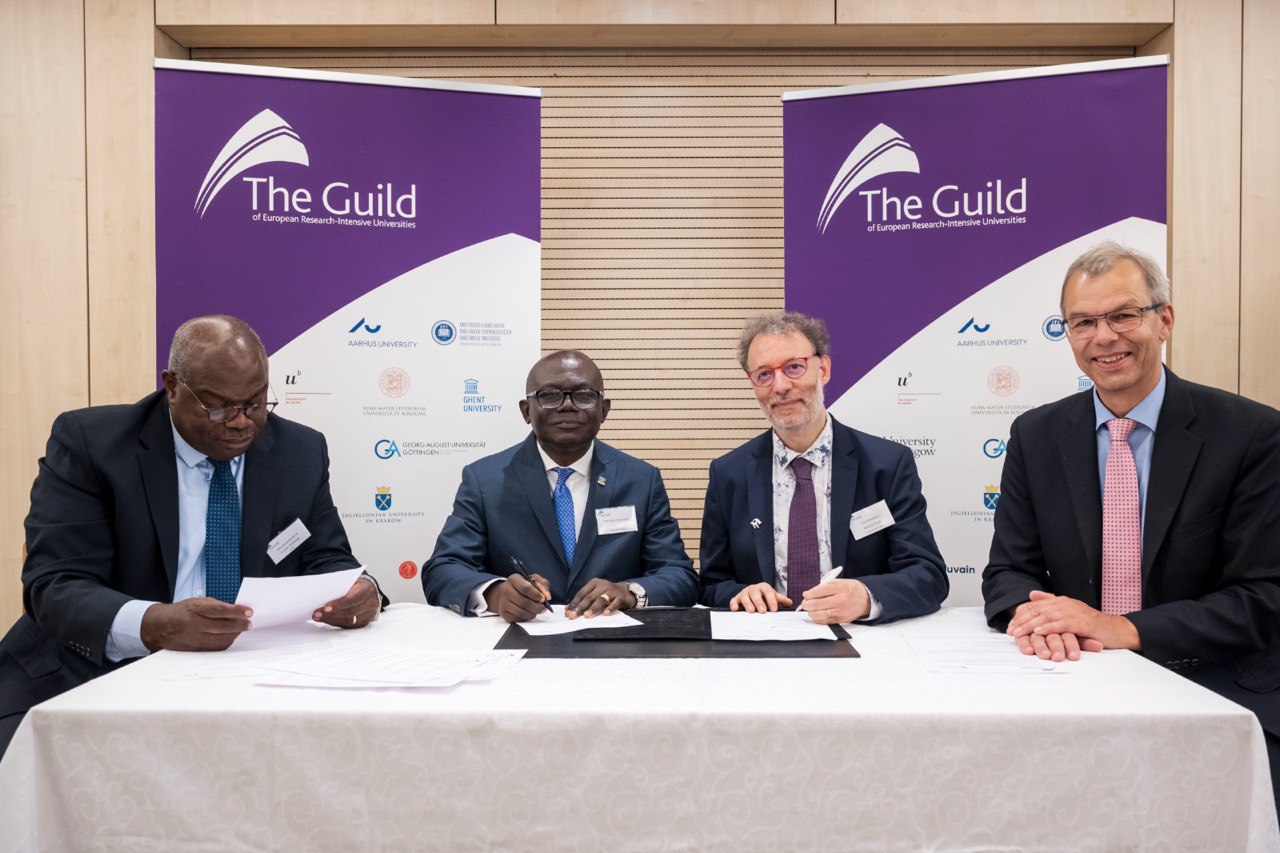
Figure 1: Pro Vice-Chancellor Office of Research, Innovation and Development, University of Ghana at the signing event.
WACCBIP will Co-lead a cluster on Advanced Infectious Diseases with an overarching goal in understanding the fundamental biology of pathogens and infections, inform drug and intervention discovery & development and obtain an integrated and multidimensional understanding approach,necessary to meaningful progress in infectious disease control.
Infectious diseases (IDs) remain a leading cause of preventable deaths, with the overwhelming burden in Low-Middle Income Countries (LMICs). Infections are complex and their transmission and pathogenesis depend on geography, ecology, and populations. Optimal progress necessitates a combination of approaches: linking basic research in model systems with clinical, epidemiological, and applied research; and linking cellular, Omics and spatial data to form a systems-level picture of pathogens and their interactions with host and environment. The formation of this cluster will help tackle these challenges via three common strategies, namely, New Technology; Communication and Accessibility; and Co-investment in capacities and sharing of training and resource;
WACCBIP will also partner on another cluster focused on Translational Research in Infection, Immunity and Inflammation.
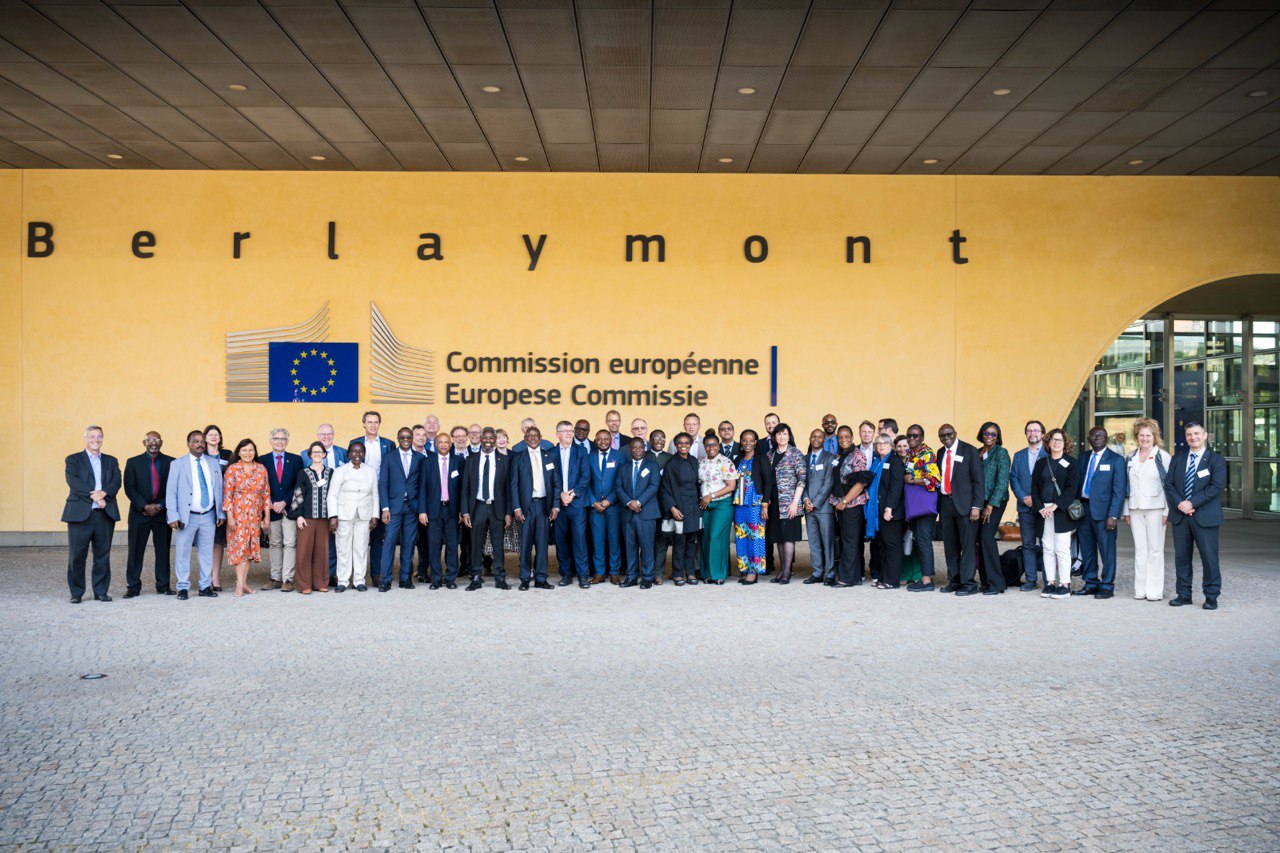
Figure 2: Commemorative group photo of representatives from ARUA and The Guild
These collaborations form a part of 17 approved proposals in total of which our host university, the University of Ghana is involved in 12.
The details of the twelve approved collaborative project proposals involving UG are as follows:

Our role in this significant milestone of securing twelve collaborative proposals at the meeting highlights ours and by extension, the University's unwavering commitment to research excellence, firmly establishing our positions as a key player within the esteemed ARUA networks and further showcasing the breadth and depth of research conducted by the talented researchers, here at WACCBIP, and the University of Ghana.
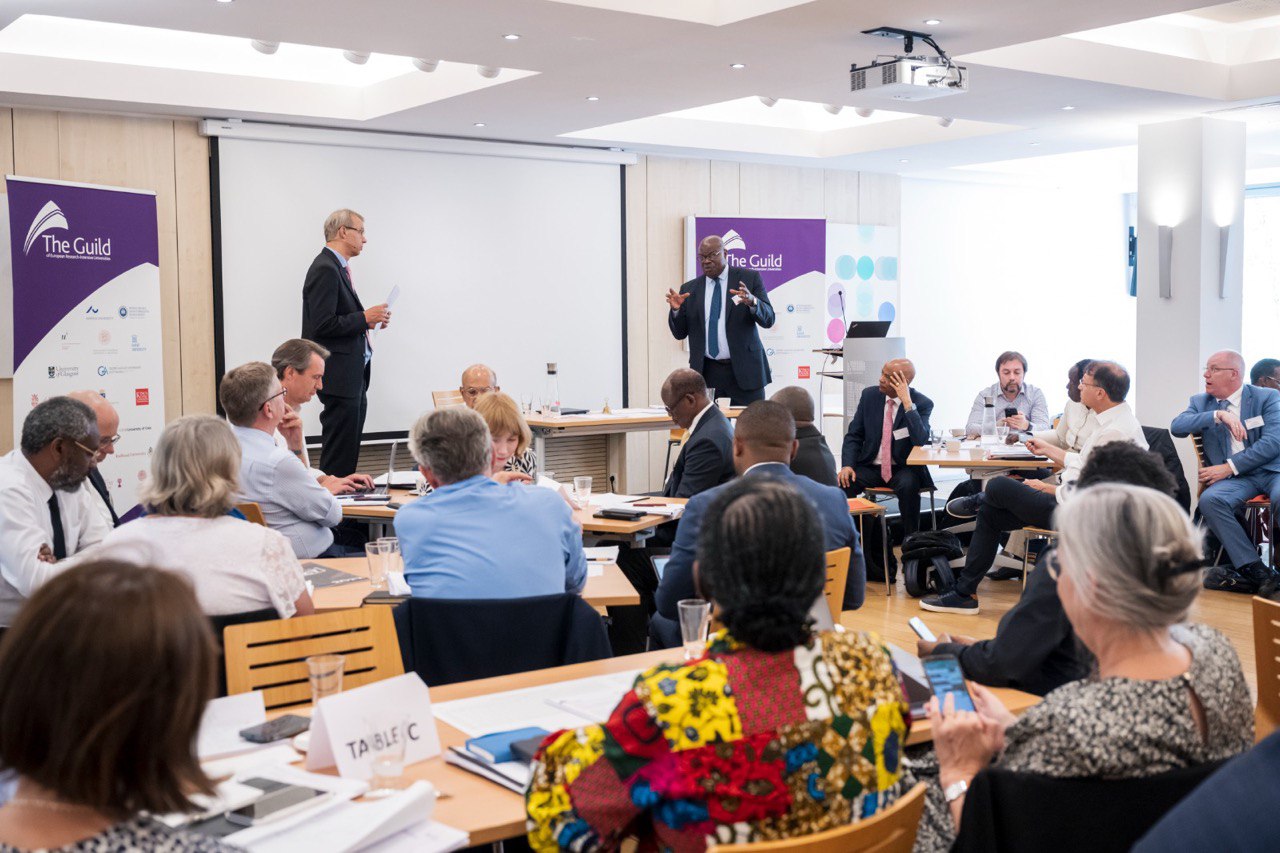
Figure 3: Discussion sessions between ARUA and The Guild representatives fostering collaborations.
These international projects demonstrate our collaborative approach and dedication to addressing pressing global challenges through multidisciplinary research and reinforces our position as a hub of academic and intellectual excellence on a global scale. With this achievement, WACCBIP, and the University is set to play a transformative role in shaping the future of collaborative research.



